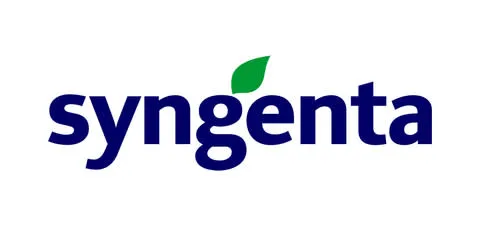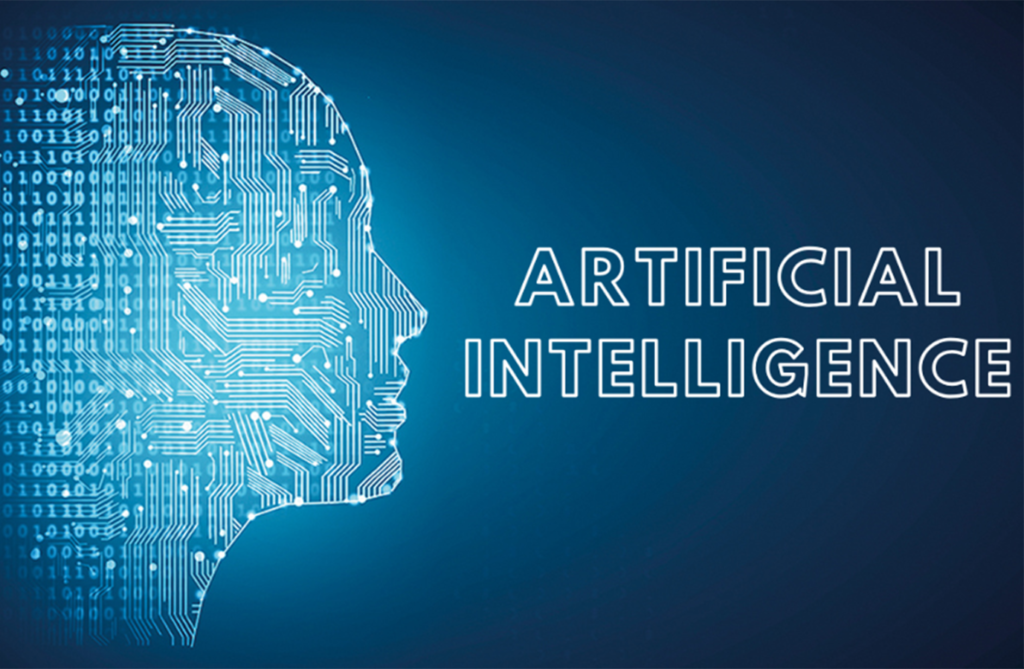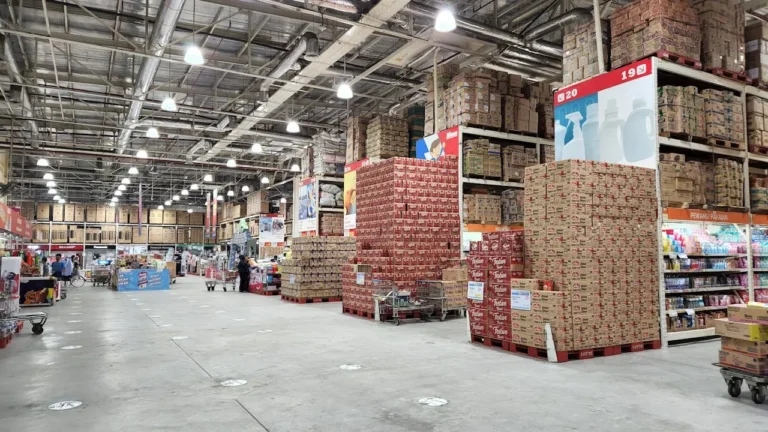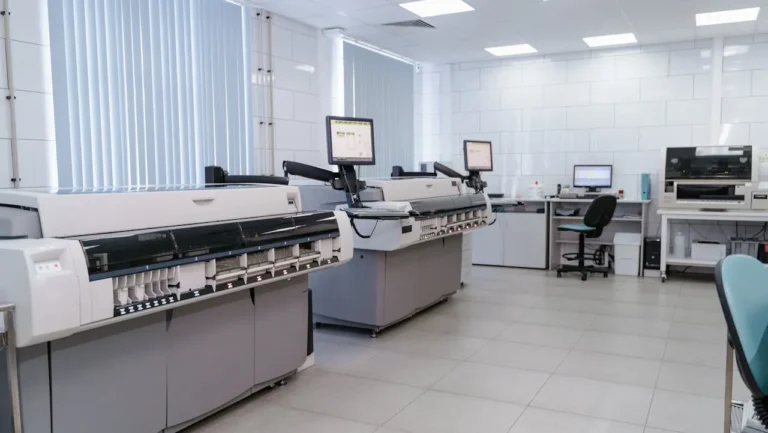
Artificial Intelligence Accelerates Development of Next-Generation Biostimulants
Syngenta and TraitSeq, a pioneering artificial intelligence (AI) company, are joining forces to unlock the full potential of AI in developing high-performance biostimulants. This collaboration aims to revolutionize sustainable agriculture by delivering innovative solutions that enhance crop health and resilience.
Leveraging AI for Biostimulant Innovation
Biostimulants, substances applied to plants, seeds, or root environments, play a pivotal role in improving natural plant processes. Artificial Intelligence These enhancements lead to increased nutrient use efficiency, improved tolerance to abiotic stressors, and higher crop quality. However, the effectiveness of biostimulants often depends on environmental factors such as temperature and climate, presenting challenges in their consistent application.
To overcome these challenges, Artificial Intelligence Syngenta is harnessing its extensive expertise in crop biology to complement TraitSeq’s advanced AI methodologies. Together, they aim to identify highly specific biomarkers—indicators of a plant’s cellular state—that can reveal how plants respond to efforts to boost their health or combat external stressors. By identifying these biomarkers, scientists can create more effective biostimulants tailored to specific agricultural needs.
Camilla Corsi, Head of Crop Protection Research at Syngenta, highlights the significance of this partnership: “At Syngenta, Artificial Intelligence we are accelerating the pace at which we innovate to deliver solutions farmers urgently need. Technologies such as TraitSeq’s AI-driven platform enable us to revolutionize our research, attain important data-driven insights, and develop the next generation of sustainable solutions faster.”

Decoding Plant Biology with AI
TraitSeq’s proprietary AI platform is at the heart of this initiative, enabling the analysis of vast and complex biological datasets. Syngenta’s extensive resources—including genomics, proteomics, metabolomics, and phenomics data—are being integrated into the platform to uncover intricate molecular interactions that impact crop health. By leveraging these insights, scientists can develop biostimulants that optimize nutrient uptake and improve plant resilience.
Dr. Joshua Colmer, CEO of TraitSeq, elaborates on the impact of their technology: “This partnership highlights how TraitSeq’s versatile Artificial Intelligence platform can transform agricultural input development by uncovering predictive biomarkers that directly link molecular insights to biostimulant performance. By equipping Syngenta’s innovation pipeline with these capabilities, we aim to optimize and accelerate the development of new biological solutions.”
The Role of Biomarkers in Biostimulant Development
Biomarkers provide a Artificial Intelligence molecular-level understanding of plant health, serving as vital indicators of how plants respond to stress and nutrient availability. By identifying and targeting specific biomarkers, researchers can evaluate the efficacy of biostimulants with greater precision. This approach reduces the reliance on traditional trial-and-error methods, streamlining the development process and enabling faster delivery of new products to market.
The ability to decode complex plant biology also aligns with Syngenta’s commitment to sustainability. The company’s Portfolio Sustainability Framework (PSF) categorizes products into three tiers based on their environmental impact and stakeholder alignment. By prioritizing the development of biostimulants that meet the highest sustainability standards, Syngenta is driving the transition to regenerative agricultural practices.
Supporting Farmers in Sustainable Practices
Biostimulants Artificial Intelligence are increasingly recognized as a key component of sustainable agriculture. They offer farmers a way to enhance soil health, reduce dependency on chemical inputs, and adapt to the challenges of climate change. By integrating AI-driven insights into biostimulant development, Syngenta and TraitSeq are providing farmers with tools to improve crop yields and resilience while minimizing environmental impact.
The benefits of this approach extend beyond Artificial Intelligence individual farms. As global agriculture faces mounting pressures from population growth, climate variability, and evolving consumer demands, innovative solutions like biostimulants play a critical role in ensuring food security and sustainability.
Addressing Modern Agricultural Challenges
The partnership between Syngenta and TraitSeq is addressing several key challenges in modern agriculture:
- Abiotic Stress Management: Artificial Intelligence Climate change introduces unpredictable stressors such as drought, heat, and salinity. By identifying biomarkers associated with stress tolerance, researchers can develop biostimulants that help crops thrive under adverse conditions.
- Nutrient Use Efficiency: Soil degradation and nutrient scarcity are significant barriers to productivity. AI-driven insights enable the creation of biostimulants that optimize nutrient uptake, ensuring efficient resource use.
- Sustainability and Regulation: As regulatory frameworks tighten and consumers demand eco-friendly practices, biostimulants provide a sustainable alternative to traditional chemical inputs.

Revolutionizing Agricultural Research
Traditional methods of biostimulant development often rely on lengthy field trials and empirical testing, which can be time-consuming and resource-intensive. The integration of AI into this process represents a paradigm shift, enabling researchers to simulate and predict outcomes based on molecular data. This approach accelerates the R&D timeline, reduces costs, and ensures that products meet the specific needs of farmers.
For farmers, the advantages are clear. AI-powered biostimulants offer consistent performance across diverse agricultural settings, reducing variability and improving reliability. This precision not only enhances crop productivity but also supports long-term sustainability goals.
A Vision for the Future
The synergy between Syngenta’s agricultural expertise and TraitSeq’s AI capabilities marks a new chapter in the evolution of biostimulants. By combining cutting-edge technology with a deep understanding of crop biology, the partnership is poised to deliver innovative solutions that empower farmers and protect the environment.
Looking ahead, the potential applications of AI in agriculture extend far beyond biostimulants. From pest management to soil health monitoring, the possibilities are vast. The Syngenta-TraitSeq collaboration serves as a blueprint for how technology can be harnessed to address global agricultural challenges.
The partnership between Syngenta and TraitSeq exemplifies the transformative power of artificial intelligence in advancing agricultural science. By focusing on the development of next-generation biostimulants, the collaboration not only enhances crop performance but also supports the transition to sustainable farming practices.
As agriculture evolves to meet the demands of a growing population and a changing climate, initiatives like this highlight the role of innovation in creating a more resilient and sustainable future. Through the integration of AI and agricultural expertise, Syngenta and TraitSeq are paving the way for a new era of biostimulant development, ensuring that farmers have the tools they need to thrive in an ever-changing world.




